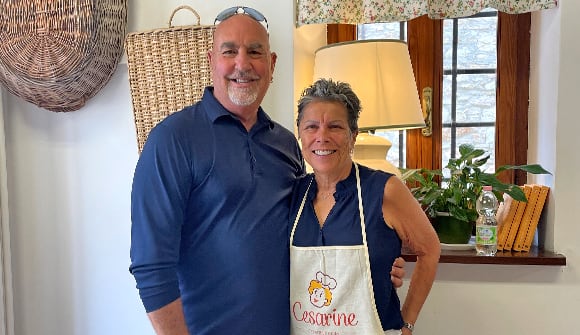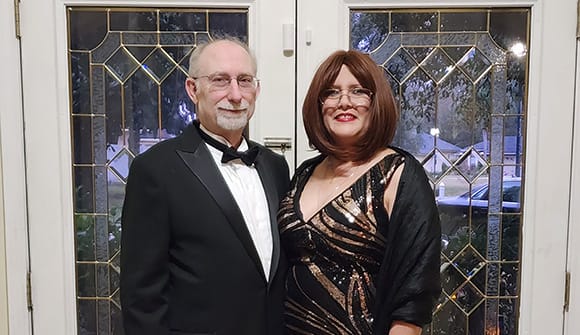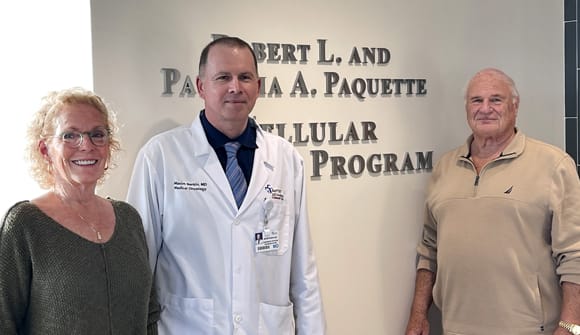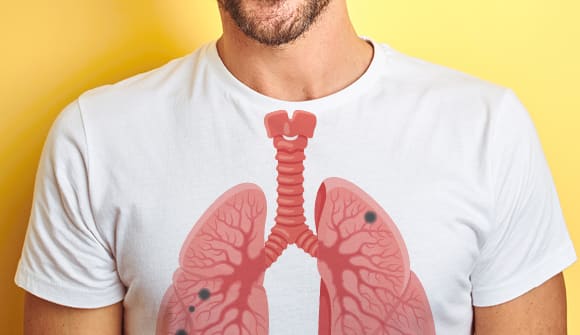Fighting for her family
Grandmother beats late-stage colon cancer.
Article Author: Johnny Woodhouse
Article Date:
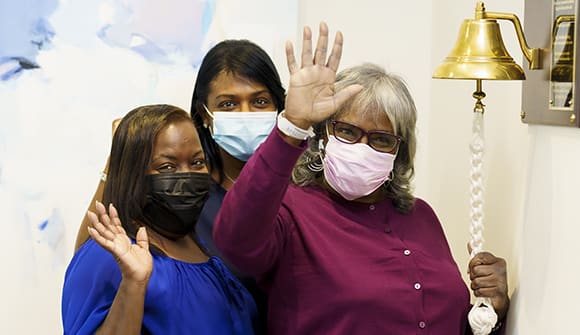
Theodosia Yevette Edwards has had her share of health scares.
When she was 27, the Jacksonville native suffered a pulmonary aneurysm in her heart.
In 2003, she underwent back surgery for a herniated disk.
In May 2020, the 69-year-old noticed blood in her stool.
“It wasn’t a lot, but it was enough for me to become very concerned,” she recalled. “I saw the same thing a few years ago but ignored it. When I saw it again, I knew I needed to have it checked out.”
A colonoscopy detected a large mass in Edwards’ colon. A biopsy revealed an advanced form of colorectal cancer.
“At first, I didn’t want to accept the diagnosis," Edwards said. "When they mention cancer, that’s a big word. I couldn’t get my head around it.”
Keep on, Keeping on
Edwards grew up on Jacksonville’s Northside and was among the first 10 African American students at Ribault High School in 1967.
“I graduated at 17 and couldn’t afford to go to college,” said Edwards, who spent more than 45 years in the workplace, first in clerical support at Prudential Insurance and later as a mortgage loan funder for Bank of America.
A year before Edwards retired in February 2016, her beloved mother, Ruth Ford Edwards, died at 81, leaving a big hole in her oldest daughter’s heart.
When she was diagnosed with colorectal cancer, Edwards, a grandmother of four, took solace in one of her mother’s favorite sayings: “keep on, keeping on.”
Early detection saves lives
Excluding skin cancers, colorectal cancer is the third most common cancer in the United States, with more than 100,000 new cases expected in 2021, according to the American Cancer Society.
When detected early, colorectal cancer is one of the most curable types of cancer.
African Americans are about 20% more likely to get colorectal cancer and about 40% more likely to die from it than most other groups.
Even though Edwards was diagnosed with stage 4 disease – meaning it had spread to other parts of her body – her surgeon, Ron Landmann, MD, FACS, section chief of Colon and Rectal Surgical Oncology at Baptist MD Anderson Cancer Center, was able to surgically remove the tumor in just one procedure, using the latest robotic techniques. This minimally invasive procedure resulted in less pain and a faster recovery for Edwards.
‘My hair is my crown’
A month after her surgery, Edwards returned to Baptist MD Anderson for a CT scan of her colon. The cancer was gone.
“I heard so many good things about Dr. Landmann. His reputation preceded him,” said Edwards, whose Baptist MD Anderson cancer team also included hematologist/oncologist Robert Zaiden, MD, and radiologist/oncologist Julie Greenwalt, MD. “When I was diagnosed, I was told I would need chemotherapy after surgery. As a woman, my hair is my crown and I didn’t want to lose it. But if that meant getting rid of this cancer, I was willing to do it.”
In all, Edwards underwent eight chemotherapy treatments. On March 4, 2021 – nearly a year after she was diagnosed – Edwards rang the celebration bell at Baptist MD Anderson, signaling completion of her treatment.
“Our multidisciplinary team at Baptist MD Anderson was able to provide Ms. Edwards with a minimally invasive surgical alternative tailored to her unique case,” said Dr. Landmann. “She had a great support system at home throughout her cancer journey. It was our privilege to be able to care for her.”
A new life
Edwards’ oldest daughter, Elissa, accompanied her mother to all of her medical appointments, including her eight infusion treatments. While the pair was walking down a hospital staircase, Elissa told her mother to be careful and to watch her step.
“I burst into tears when I heard her say that,” said Edwards. “I remember holding her hand when she was little and saying the same thing to her.”
Edwards said she was hesitant to share her cancer diagnosis and treatment journey with people because she didn’t know what was to come. Now, she hopes her story will inspire others.
“Whatever it was, I knew I had to carry it in order to be around for my family, especially my grandkids,” she said. “I just let my faith take over. Thankfully, I was referred to Baptist MD Anderson Cancer Center. The whole team there treated me so well. It’s like I have a new life.”
Early detection gives patients the best chance to beat colon cancer. To learn more about screening options and schedule an appointment, call 904.202.4YOU or visit baptistjax.com/coloncancerscreening.
